|
Apple and the R Word Why stocks rallied last week, and where they are headed through the end of the year. The Federal Reserve Board keeps raising rates at a rapid pace. The economy experienced two quarters of contraction. So, why haven’t stocks absolutely tanked? Interest rates are finally starting to reward savers. So, when will investors yield to the temptation of fixed income over equities? Are we in a recession? Will it be mild or severe? Just as importantly, should we fix the roof of our financial house now, while the sun is still shining? The answers to those questions lie in the world’s most popular fruit that is almost always in season – Apple – and its $88 billion in buybacks, and the R word that cannot be named (recession). Below are 5 Important Considerations and 1 Bottom Line Apple The R Word hasn’t Been Uttered Yet If You Wait for the Headlines, It’s Too Late Small Caps Have Been Killed Valuation Concerns And here is a little more color on each point. Apple Apple is scheduled to report their fourth-quarter earnings on Thursday after the market closes. As happened in the most recent quarter that ended June 25, 2022, earnings are expected to be slightly above where they were last year in the same quarter. The strong dollar is providing some headwinds that could impact revenue (up to $5 billion). But the strength of the business itself is expected to keep earnings on par. Apple remains the #2 smart phone company by units (and #1 by revenue). Apple has become pervasive in our lives, from the device we can’t live without in our hand, to something we stream and dream about as well. As you can see in the charts below, Apple’s revenue comes in from all over the world. The company is doing a great job of diversifying its income stream. The services and iPhone revenues were higher year over year, while Mac and Wearables revenues were down -10% and -8% respectively, and iPad sales were down -2%. With a market value of almost $2.4 trillion, annual revenue of $367 billion, $95 billion of which is profit, and $180 billion in cash and marketable securities, Apple is a dominant force on Wall Street. Apple’s buyback plan is so aggressive that the markets tend to go in tandem with Apple’s share repurchases. When Apple pauses, the market drops (as it did severely in December of 2018) – the worst December since the Great Depression, with losses of -9.1%. In 2021, the company spent over $88 billion buying back its own stock. 2022 is trending higher with $24.6 billion spent in the second quarter of 2022, and $47.5 billion spent in the first six months. The S&P500 is down -22% since the highs of Jan. 2022. Without Apple support, the drop would likely have been far worse. The question going forward is, “Will the company continue to buy back as robustly in the 2nd half of 2022?” All eyes and ears are definitely going to be on the forward guidance presented at the earnings call on Thursday. Apple isn’t giving hard numbers, however they are providing enough color to gauge whether or not they’re anticipating a strong holiday buying season. Why did Apple stopped repurchasing their own stock in December of 2018? Huawei had taken a big bite out of Apple’s dominance. In the third quarter of 2018, Samsung and Huawei were the top global smart phones sales providers (by units), while Apple was in third. After that, Apple was successful in wiping out Huawei. However, will budget belt-tightening impact Apple sales now and going forward? With the entire market at stake, this is a consumer pulse to keep a finger on. The R Word hasn’t Been Uttered Yet Another reason that stocks rallied last week is that the National Bureau of Economic Research, nber.org, the NGO responsible for naming the sessions, hasn’t made an official declaration of a recession. The agency is notoriously slow about that. As examples, the organization announced the great recession on December 1 of 2008. That was just a few months away from the March 9, 2009 bottom. In fact by the time the recession was called, stocks had already declined -42%. The Dot Com Recession was called on November 26, 2001, after the NASDAQ Composite Index had already posted losses of -66%. The NBER was relatively fast to call the pandemic recession on June 8, 2020. However, the S&P 500 had already plunged almost -40% and was actually on its road to recovery by the time the announcement came. If You Wait for the Headlines, It’s Too Late As you can see in the examples cited above, if you wait for the recession to be officially called, it’s too late to protect your wealth. In fact, it might be closer to the bottom. Many people are tempted to sell low at the time the recession is announced. There were a lot of people who missed out on most of the secular bull market of the last decade because they freaked out at the bottom of the Great Recession, and weren’t ready to get back in until the late stage of the business cycle. Small Caps Have Been Killed There has been a real mismatch between large caps and small caps over the last few years. This has a lot to do with those buy backs that we discussed at the beginning of the blog. Because small companies don’t buy back their own stock and have to borrow money to build the infrastructure and factories they need to expand, even good companies have been destroyed this year. Whereas the general market is down -22%, share prices for many small cap stocks and funds are down -35% of more. This is an area that offers more value. Valuation Concerns Check out Warren Buffett‘s favorite valuation tool in the chart below. As you can see, stock prices are still very overvalued historically. During periods of heightened values, equities tend to drop farther and faster. The Federal Reserve Board is trying to alleviate panic and prevent a repeat of the Dot Com and Great Recession drops (of more than half) by characterizing the expected coming recession as “mild.” A strong labor market is a positive, while zombie companies, inflation and weak, overleveraged industries are all very negative. As we have pointed out quite a lot over the past few years, over half of the S&P 500 is at or near junk-bond status. Debt and loans (leverage) has soared to levels never seen before. Extended periods of low interest rates create asset bubbles. Rising interest rates are going to make it more difficult for troubled companies to keep borrowing from Peter to pay Paul. Industries that are more vulnerable include commercial real estate, retail, highly leverage financial services (like insurance companies, which typically do very poorly in recessions), travel, airlines, advertising-supported businesses (like social media) and other industries that are reliant on consumer discretionary spending. Bottom Line Most of us will continue to need our smart phones, our Wi-Fi, food, housing and other basic needs. We may, however, try to make our existing devices last longer, rather than getting the bright new shiny object. For this reason, it’s never a good idea to just sell all of our stocks. On the other hand, we are overweighting an additional 20% safe in our sample pie charts. Click to access our free web apps where you can personalize your own pie chart. Email [email protected] if you’d like to see our MAAAM Stock Report Card (Microsoft, Apple, Amazon, Alphabet (Google) and Meta (Facebook). If you're interested in learning 21st Century time-proven investing strategies for protecting your wealth and managing the bear market from a No. 1 stock picker, join us for our Jan. 20-22, 2023 Financial Freedom Retreat. Email [email protected] to learn more and to register. Click on the banner ad below to discover the 18+ strategies you'll learn and master, to get pricing information and to read testimonials Get the best price and a complimentary private prosperity coaching session (value $300) when you register by Halloween, Oct. 31, 2022 Register now to access your free 4-part Protect Your Wealth Now webinar that will get you started immediately.  Join us for our New Year, New You Financial Freedom Retreat. Jan. 20-22, 2023. Email [email protected] to learn more. Register by Halloween, Oct. 31, 2022, to receive the best price and a private prosperity coaching session (value $300). You'll also receive a free 4-part webinar (which you can access to protect your wealth now). Click for testimonials & details. 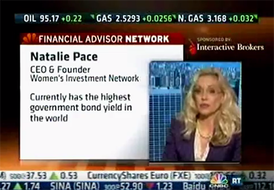 Natalie Wynne Pace is an Advocate for Sustainability, Financial Literacy & Women's Empowerment. Natalie is the bestselling author of The Power of 8 Billion: It's Up to Us and is the co-creator of the Earth Gratitude Project. She has been ranked as a No. 1 stock picker, above over 835 A-list pundits, by an independent tracking agency (TipsTraders). Her book The ABCs of Money remained at or near the #1 Investing Basics e-book on Amazon for over 3 years (in its vertical), with over 120,000 downloads and a mean 5-star ranking. The 5th edition of The ABCs of Money was released on September 17, 2021. Natalie Pace's easy as a pie chart nest egg strategies earned gains in the last two recessions and have outperformed the bull markets in between. That is why her Investor Educational Retreats, books and private coaching are enthusiastically recommended by Nobel Prize winning economist Gary S. Becker, TD AMERITRADE chairman Joe Moglia, Kay Koplovitz and many Main Street investors who have transformed their lives using her Thrive Budget and investing strategies. Click to view a video testimonial from Nilo Bolden. Check out Natalie Pace's Apple Podcast. Watch videoconferences and webinars on Youtube. Other Blogs of Interest Yield is Back. But It's Tricky. The Real Reason Why OPEC Cut Oil Production. The Inflation Buster Budgeting and Investing Plan. No. Elon Musk Doesn't Live in a Boxabl. IRAs Offer More Freedom and Protection Than 401ks. Will There Be a Santa Rally 2022? What's Safe in a Debt World? Not Bonds. Will Your Favorite Chinese Company be Delisted? 75% of New Homeowners Have Buyer's Remorse Clean Energy Gets a Green Light from Congress. Fix Money Issues. Improve Your Relationships. 24% of House Sales Cancelled in the 2nd Quarter. 3 Things to Do Before July 28th. Recession Risks Rise + a Fairly Safe High-Yield Bond DAQO Doubles. Solar Shines. Which Company is Next in Line? Tesla Sales Disappoint. Asian EV Competition Heats Up. 10 Wealth Strategies of the Rich Copper Prices Plunge Colombia and Indonesia: Should You Invest? 10 Misleading Broker/Salesman Pitches. Why are Banks and Dividend Stocks Losing Money? Beyond Meat: Rare or Burnt? Netflix Streaming Wars End in a Bloodbath. Elon Musk Sells $23 Billon in Tesla Stock and Receives $23 Billion in Options. Are You Gambling With Your Future? ESG Investing: Missing the E. Bitcoin Crashes. Crypto, Bold and Stocks All Crash. The U.S. House Decriminalizes Cannabis Again. Chinese Electric Vehicle Market Share Hits 20%. The Risk of Recession in 6 Charts. High Gas Prices How Will Russian Boycotts Effect U.S. Multinational Companies? Oil and Gas Trends During Wartime Russia Invades Ukraine. How Have Stocks Responded in Past Wars? 2022 Crystal Ball in Stocks, Real Estate, Crypto, Cannabis, Gold, Silver & More. Interview with the Chief Investment Strategist of Charles Schwab & Co., Inc. Stocks Enter a Correction Investor IQ Test Investor IQ Test Answers Real Estate Risks. What Happened to Ark, Cloudflare, Bitcoin and the Meme Stocks? Omicron is Not the Only Problem What's Safe in a Debt World? Money Market Funds, FDIC, SIPC: Are Any of Them Safe? My 24-Year-Old is Itching to Buy a Condo. Should I Help Him? The 12-Step Guide to Successful Investing. Gardeners Creating Sanctuary & Solutions in Food Deserts. The Bank Bail-in Plan on Your Dime. Rebalancing Your Nest Egg IQ Test. Answers to the Rebalancing Your Nest Egg IQ Test. Important Disclaimers Please note: Natalie Pace does not act or operate like a broker. She reports on financial news, and is one of the most trusted sources of financial literacy, education and forensic analysis in the world. Natalie Pace educates and informs individual investors to give investors a competitive edge in their personal decision-making. Any publicly traded companies or funds mentioned by Natalie Pace are not intended to be buy or sell recommendations. ALWAYS do your research and consult an experienced, reputable financial professional before buying or selling any security, and consider your long-term goals and strategies. Investors should NOT be all in on any asset class or individual stocks. Your retirement plan should reflect a diversified strategy, which has been designed with the assistance of a financial professional who is familiar with your goals, risk tolerance, tax needs and more. The "trading" portion of your portfolio should be a very small part of your investment strategy, and the amount of money you invest into individual companies should never be greater than your experience, wisdom, knowledge and patience. Information has been obtained from sources believed to be reliable. However, NataliePace.com does not warrant its completeness or accuracy. Opinions constitute our judgment as of the date of this publication and are subject to change without notice. This material is not intended as an offer or solicitation for the purchase or sale of any financial instrument. Securities, financial instruments or strategies mentioned herein may not be suitable for all investors. Comments are closed.
|
AuthorNatalie Pace is the co-creator of the Earth Gratitude Project and the author of The Power of 8 Billion: It's Up to Us, The ABCs of Money, The ABCs of Money for College, The Gratitude Game and Put Your Money Where Your Heart Is. She is a repeat guest & speaker on national news shows and stages. She has been ranked the No. 1 stock picker, above over 830 A-list pundits, by an independent tracking agency, and has been saving homes and nest eggs since 1999. Archives
July 2024
Categories |






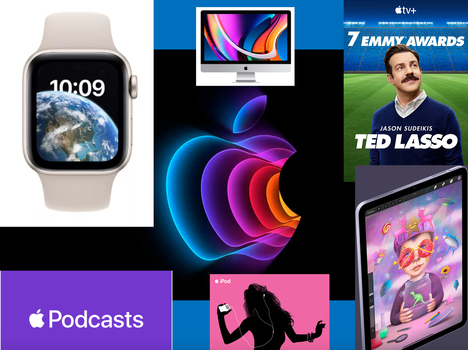
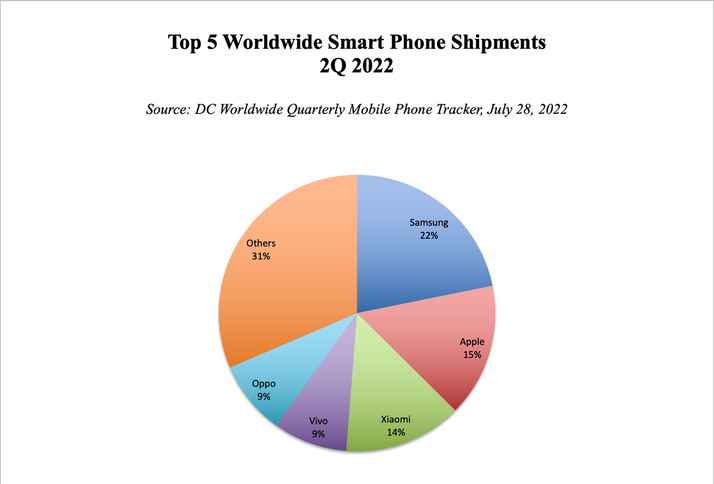
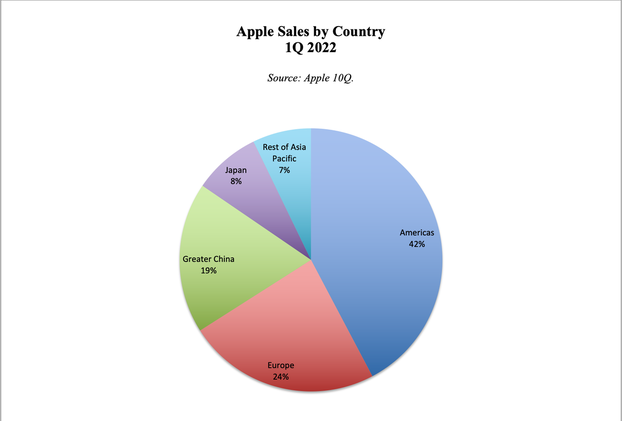
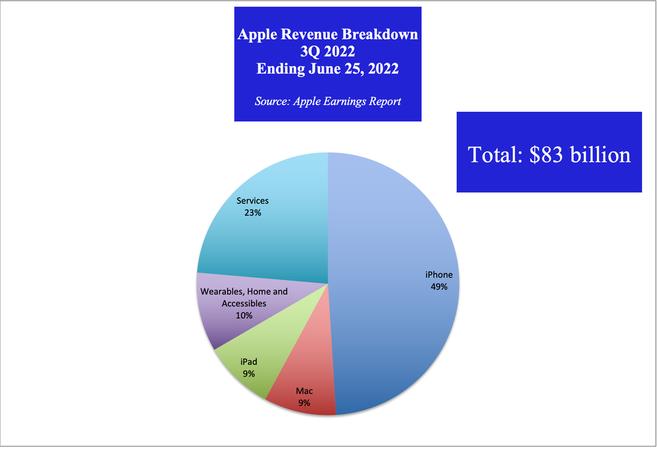
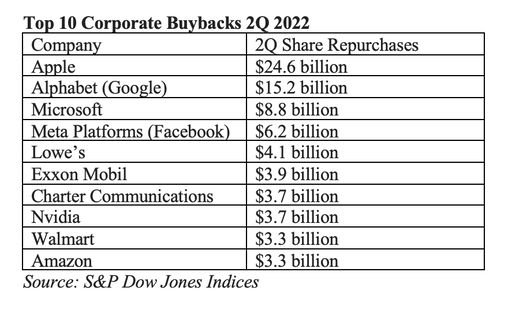
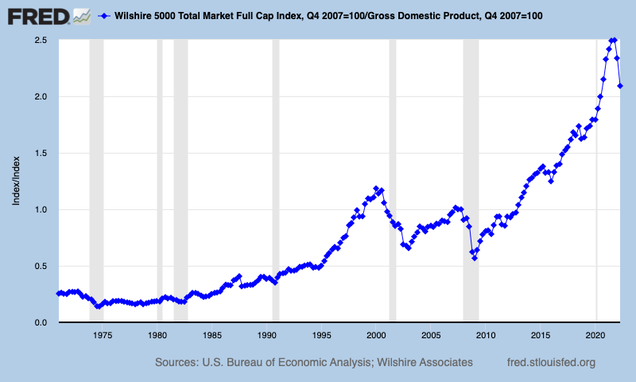
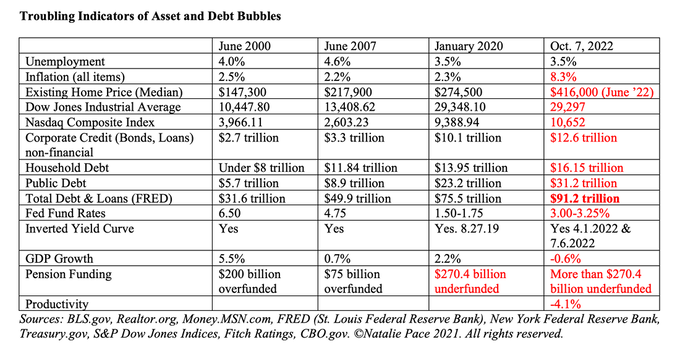
 RSS Feed
RSS Feed